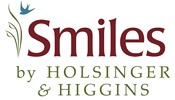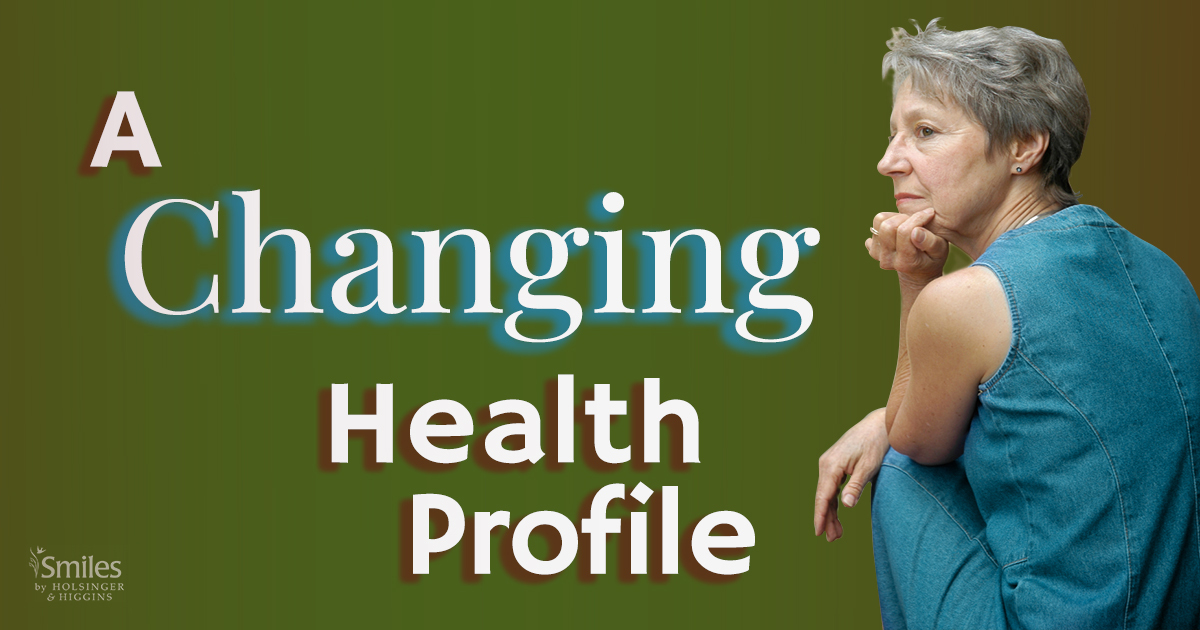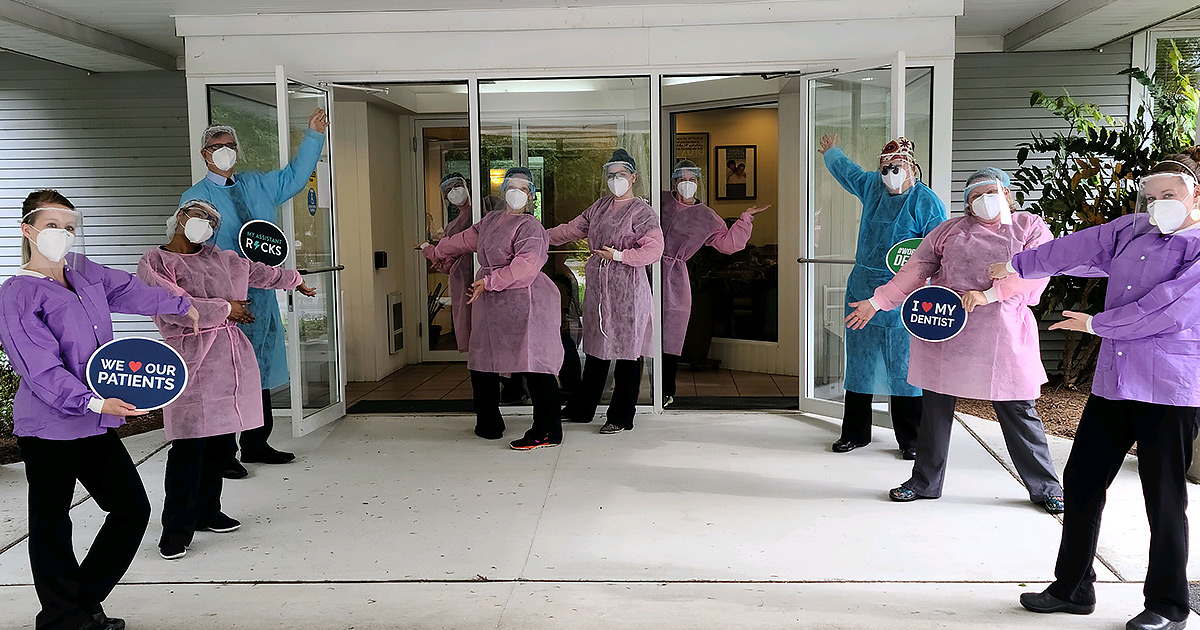A Guide To Dental Care Over 60
As we get older, our oral health needs evolve. Our bodies become less effective at fighting off infection, it may take longer to recover from illness, and the risk of chronic disease begins to increase. Those are just a few of the reasons why we urge our patients to pay close attention to their teeth and gums as they age. Keep reading for our guide to caring for your oral health as an older adult.
A Changing Health Profile
Our bodies change constantly throughout our lives. When we reach a certain age, we start to notice changes that we may perceive as “negative,” such as reduced mobility, slower recovery from injury or illness, and declining oral health. We can limit the impact of these changes by taking good care of our bodies and paying close attention to the signs they give us. Below are some tips to guide you in taking care of your oral health as you begin to age.
1. Brush and Floss Regularly: You’ve heard this your entire life, and we are going to keep saying it. A consistent oral hygiene routine is crucial to preserving your oral health as you get older. We recommend brushing your teeth at least twice a day with a fluoride toothpaste. Flossing at least once a day removes plaque and food particles from between your teeth and along the gumline. Bonus points if you brush and floss after every meal.
2. Visit Us Frequently: Regular dental check-ups are essential for preventing and detecting oral health issues. When you continue to see us at least twice a year, we can monitor your oral health over time and keep an eye out for potential threats, like gum disease, tooth decay, infection, and cancer. You should continue to schedule cleanings and examinations every six months as long as your oral health remains good. However, if we notice any changes, we may recommend check-ups every four months as a precaution.
3. Be Mindful of Medications: One of the side effects of getting older is needing more medications to keep our bodies in good health and manage chronic illnesses. Many of these medications can cause dry mouth, which increases the risk of tooth decay and gum disease. To counter this effect, stay hydrated and talk to us or your prescribing physician if dry mouth is a concern. We can also recommend products to help.
4. Watch Out for Gum Disease: As we age, it is more difficult to fight off infection, and we become more prone to oral diseases like periodontitis (gum disease). Therefore, it’s crucial to pay attention to signs like bleeding gums, swollen gums, or persistent bad breath. If you notice any of these symptoms, visit us for an evaluation and treatment recommendation.
5. Take Care of Your Dentures and Oral Appliances: If you wear dentures, an oral splint, or a nightguard, it is important to always follow the cleaning and care instructions you were given when you started using the appliance or prosthetic. Protect it when not in use by putting it in a proper case, away from pets. Be careful not to wrap dentures or retainers in napkins or paper towels to prevent them from being mistakenly thrown in the trash. If you have questions about how to properly care for your oral appliance, please ask us. If you notice that your oral appliance or denture has become uncomfortable or shows signs of damage, bring it with you to your appointment, and we will take a look.
6. Stay Informed About Oral Cancer: Oral cancer primarily affects adults in their 60s but can occur at any age, so it is essential to be aware of the signs and symptoms. If you notice any unusual changes in your mouth, such as sores that don’t heal, difficulty swallowing, or persistent hoarseness, be sure to see us for an oral cancer screening as soon as possible.
Remember, maintaining good oral health is key to overall well-being as we age. If you have any questions or concerns about your oral health, don’t hesitate to reach out to us at our office located in Denton, MD. We’re here to support your pursuit of good oral health now and for the rest of your life.









